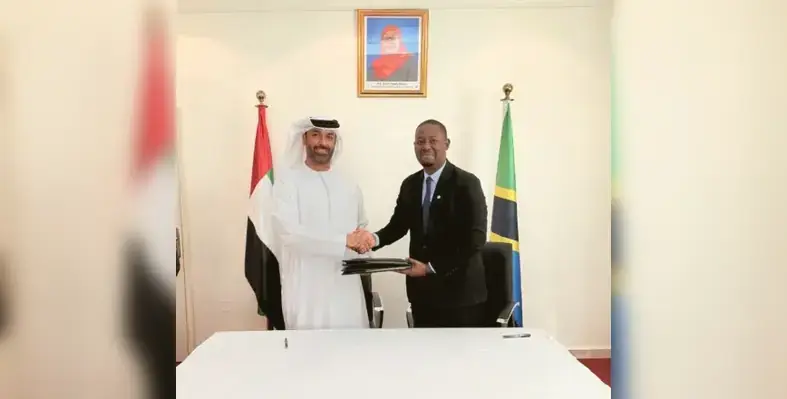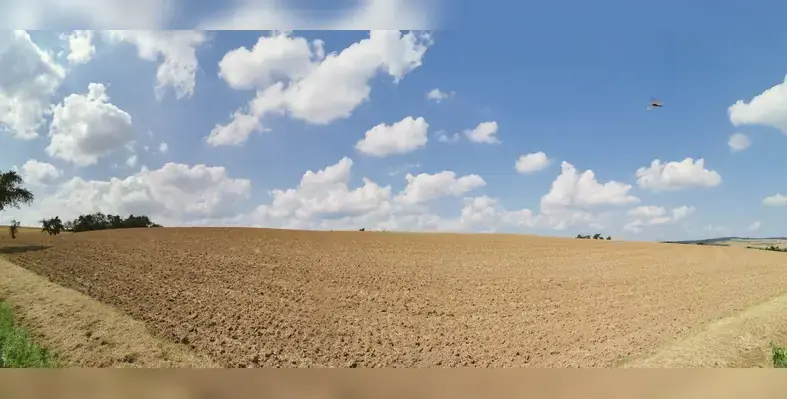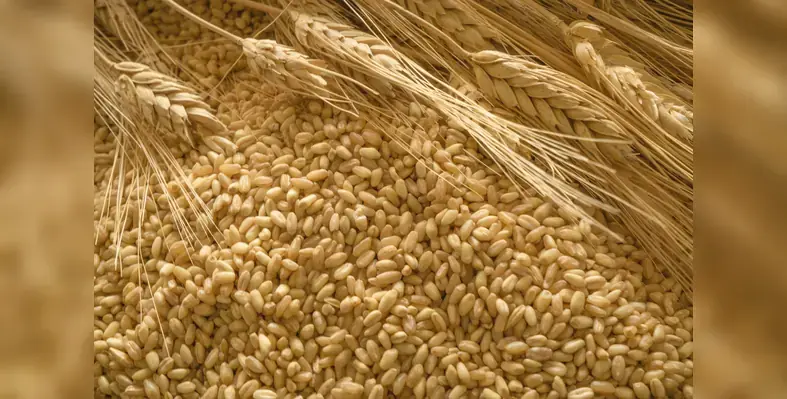The Tanzania Investment and Special Economic Zones Authority has signed a significant Memorandum of Understanding with Al Dahra Group, a global agribusiness firm headquartered in Abu Dhabi in the United Arab Emirates.
The agreement sets the stage for exploring large scale agricultural investments in the United Republic of Tanzania, with a strong focus on modern and sustainable farming.
The partnership aims to unlock Tanzania’s vast agricultural potential through commercial farming driven by irrigation. Under the agreement, both parties will collaborate to identify and assess suitable farmland for major projects designed to strengthen the country’s agricultural capacity, stimulate economic growth and enhance national food security.
Al Dahra will bring its international experience in high yield and sustainable crop production. TISEZA will support the process by facilitating land access, providing regulatory guidance and coordinating investment incentives. Together, they intend to build a strong foundation for long term agricultural development.
The initiative also aligns with Al Dahra’s 2030 Vision, which centres on expanding irrigated farming and promoting sustainable crop innovation across its global operations. The company plans to invest up to US$100mn in Tanzania. Initial operations are expected to cover at least 10,000 hectares of farmland, with the possibility of expanding by a further 10,000 hectares as the project grows.
Gilead Teri, Director General of the Tanzania Investment and Special Economic Zones Authority, said, “This MoU underscores Tanzania’s commitment to welcoming investment and providing the necessary enablers for foreign direct investments. This collaboration aligns with Tanzania’s agricultural transformation under the leadership of H.E. Dr Samia Suluhu Hassan, President of the United Republic of Tanzania, which aims to achieve a 10% GDP growth rate in the crop subsector by 2030. This kind of investment creates assured market for millions of smallholder farmers in Tanzania and the region.”
Arnoud van den Berg, Group CEO at Al Dahra, said, “Tanzania offers exceptional agricultural potential, and together with TISEZA, we aim to introduce advanced, sustainable and resilient farming models that support the development of modern farming infrastructure, acquisition of state of the art agricultural technologies, and implementation of smart agritech systems in Tanzania. Our commitment is to invest responsibly, collaborate closely with national institutions, and contribute to Tanzania’s vision for a modern, diversified agricultural sector.”









